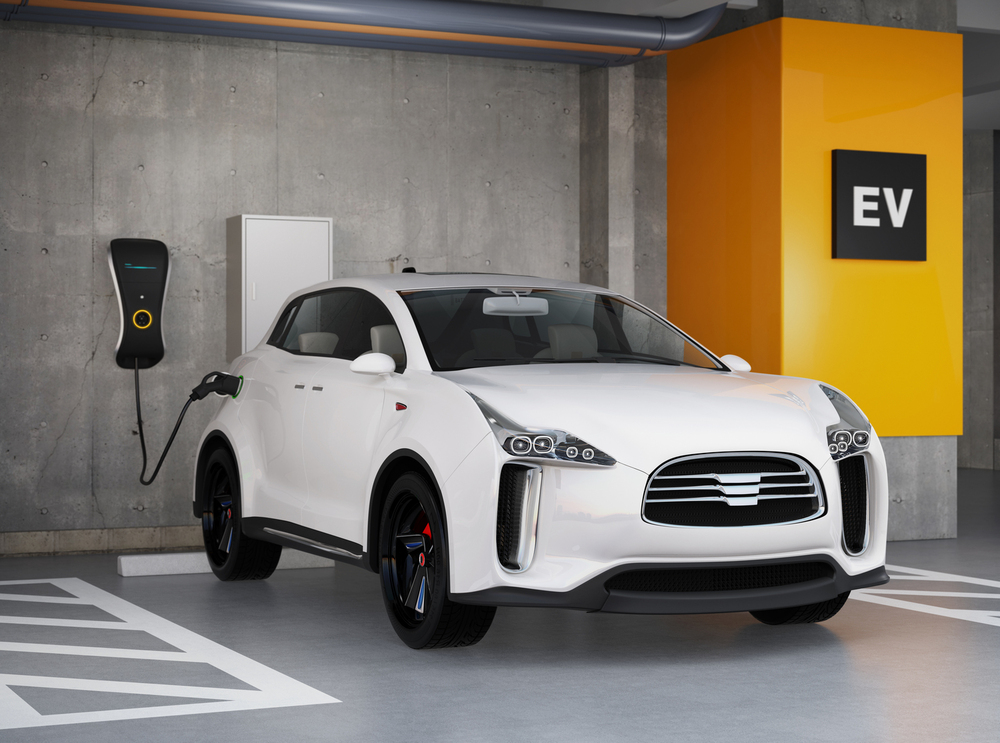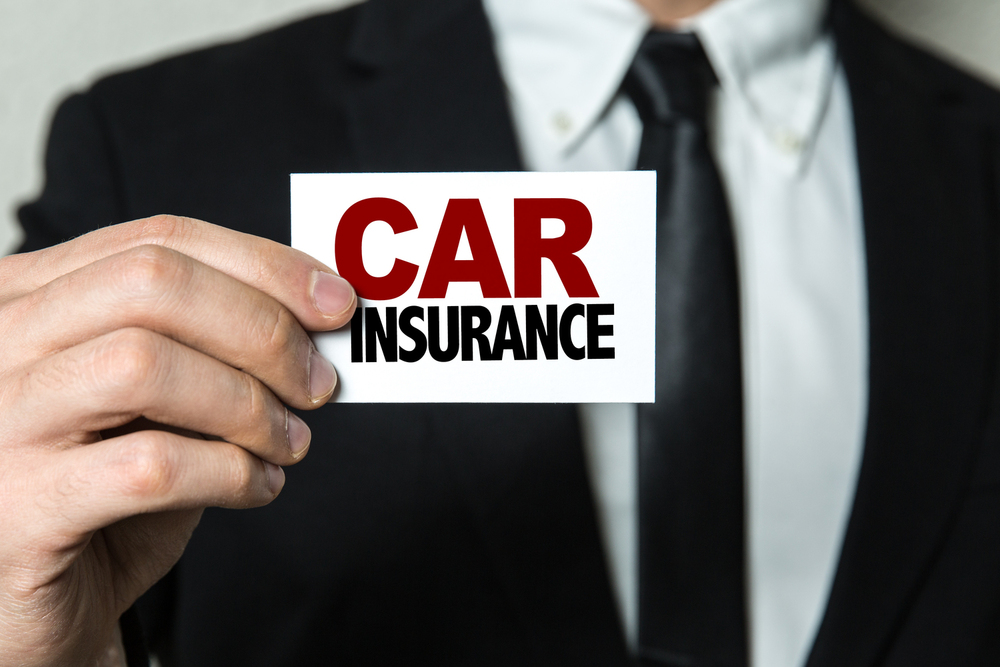
5 Tips for Choosing Between Hybrid and Electric Cars
With advancements in the world of technology, fuel-powered cars are becoming dormant, and hybrid and electric vehicles are gaining popularity. They are becoming a leading choice since they boost a vehicle’s efficiency, and a growing number of manufacturers are building their base in the hybrid and electric cars segment. Here are some tips to help you choose between hybrid and electric cars when you’ve to make the decision: 1. Efficiency Since electric cars run only on electricity, they do not have a backup for fuel. So, they are more efficient and leave behind a zero-carbon print. On the other hand, the batteries in a hybrid vehicle have high voltage, which is dangerous in the case of an accident, as it increases the risk of electrocution of the riders. 2. Environment-friendliness An electric car does not need gas as it functions entirely on electricity. However, a hybrid vehicle uses relatively less fuel compared to an entirely fuel-powered car, making it comparatively more eco-friendly. 3. Replacements and maintenance An electric vehicle does not need repairs or maintenance like an oil change. At the same time, these cars require an additional set of equipment like charging cable. Also, you may often need to replace such items in a span of 3-5 years.
Learn More 

























